As a BetterHelp affiliate, we receive compensation from BetterHelp if you purchase products or services through the links provided
Reiki is a form of energy healing gaining popularity for its potential health benefits and overall well-being enhancement. It is natural for those interested in Reiki to wonder how many sessions are needed to experience the full benefits. The answer isn’t one-size-fits-all, depending on individual needs and conditions.
Understanding the basics of Reiki and its applications can help shed light on how many sessions may be needed for a specific person or issue. It’s important to note that Reiki complements traditional medical treatments rather than replacing them. The number of sessions required will vary based on the individual’s current physical and emotional wellness and specific health or emotional goals.
Key Takeaways
- The number of Reiki sessions needed varies based on individual needs and conditions.
- Reiki is a complementary therapy aimed at enhancing overall wellness alongside medical treatments.
- Factors such as specific health goals, emotional state, and the severity of the issue play a role in determining the number of Reiki sessions needed.
 Understanding Reiki Sessions
Understanding Reiki Sessions
Reiki sessions can be a fantastic way to promote relaxation and healing within your body. Reiki focuses on balancing the life force energy within you as an energy healing technique.
When you attend a Reiki session, you will typically remain fully clothed while lying down or seated comfortably. The practitioner will use specific hand positions to facilitate the energy flow within your body. Usui Reiki, the most common form of this practice, aims to target key areas and balance energy centers.
For those new to Reiki, it’s essential to understand that the number of sessions needed varies based on individual needs. Factors such as your healing goals and personal circumstances can influence the sessions required. Here are some points to consider:
- First-time Reiki session: A single session can provide newcomers with immediate relaxation and stress relief. It’s common to feel a shift in energy and experience a sense of calm during and after the session.
- Ongoing Reiki treatments: If you seek deeper healing or wish to maintain consistent energy flow, regular sessions might be appropriate for you. Attending Reiki sessions every few weeks or monthly can support long-term well-being and maintain a balanced energy level.
- Specific healing goals: In cases where you address a particular issue or challenge, multiple sessions might be needed to promote healing and restore balance over time. Discussing your goals with the practitioner can help determine an appropriate course of treatment for your needs.
As your Reiki journey progresses, remember that each session can provide unique experiences and outcomes. Remain open and receptive to the energy healing process, and enjoy the benefits that Reiki sessions can bring to your life.
 Potential Benefits of Reiki Sessions
Potential Benefits of Reiki Sessions
Reiki sessions can offer a range of potential benefits to help improve your overall well-being. By balancing your body’s energy, Reiki practitioners aim to address various physical, emotional, and mental issues gentle, non-invasive manner.
One of the key benefits of Reiki is its ability to help reduce stress. When you attend a Reiki session, you might experience a deep sense of relaxation as the practitioner gently channels energy to specific points on your body. This process can help calm your mind and release any anxiety or tension you may be feeling.
In addition to stress reduction, Reiki can also help promote emotional well-being. It can guide you toward achieving a more balanced emotional state, especially when dealing with unresolved feelings or emotional issues. Reiki aims to restore balance in your emotional life by unblocking energy pathways, leading to peace and tranquility.
Reiki sessions can also offer potential physical benefits, particularly when it comes to relief from pain or discomfort. Many people who undergo Reiki treatments report improvements in chronic pain or sensations of discomfort as the sessions balance your energy flow and stimulate your body’s natural healing processes.
Overall, the potential benefits of Reiki sessions are numerous and varied. From promoting a feeling of deep relaxation and stress relief to addressing emotional imbalances and managing physical pain, Reiki can be a valuable tool on your journey towards enhanced well-being and a more harmonious life.
 Determining the Number of Reiki Sessions
Determining the Number of Reiki Sessions
Many people wonder how many sessions they need to see results regarding Reiki therapy. There’s no one-size-fits-all answer to this question, as it depends on various factors. In this section, we’ll look at the elements that can help you determine the ideal number of Reiki sessions for your needs.
First and foremost, you should consider your individual goals and needs. Why are you seeking Reiki therapy? Your reasons may be personal or related to a specific condition. If you’re hoping to alleviate stress or anxiety, you might require fewer sessions than someone dealing with a more intense issue. Take the time to reflect on what you want to achieve through Reiki therapy and discuss these goals with your practitioner.
The severity of the condition being treated is another factor. A gentle, less invasive approach might be ideal for mild discomfort, while more severe ailments could necessitate a longer course of treatment. Open communication with your practitioner is essential here, as they can assess your situation and recommend suitable sessions.
Your response to the treatment also plays a significant role. Sometimes, you might experience noticeable improvements after a single session, while others may need more time to see results. Keep in mind that everyone’s body and energy levels are unique. Be patient with yourself and trust the process as you work with your practitioner.
The experience of the practitioner is crucial as well. An experienced Reiki therapist may be more adept at quickly pinpointing the root of your problem and customizing the treatment to your needs. Feel free to ask a potential practitioner about their experience and qualifications — a compatible fit can make all the difference in your therapy journey.
Finally, consider your scheduling and commitments. While Reiki sessions are generally relaxing and beneficial, you may have unique time constraints to manage. Discuss your availability and preferences with your practitioner to find a session schedule that works best for both parties.
Remember that many people continue Reiki therapy for maintenance or preventative care once their initial goals have been achieved. You might prefer occasional treatments even after addressing your more pressing concerns to maintain the benefits and continue supporting your overall well-being.
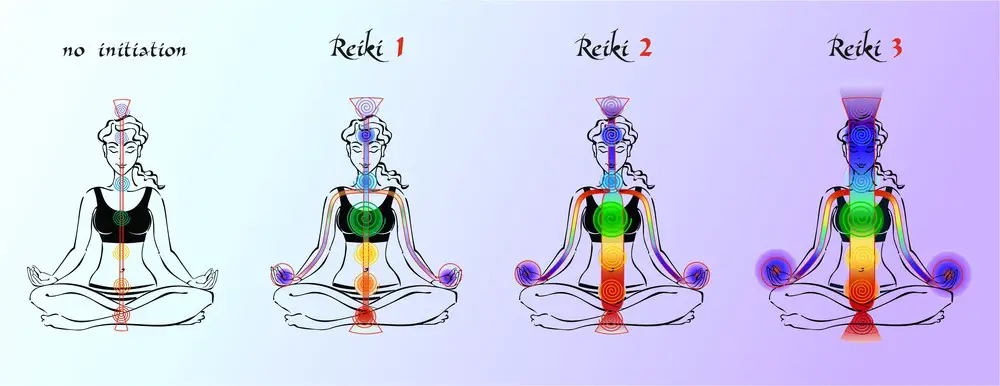
Reiki Sessions and Medical Treatment
When dealing with various health issues, exploring all available options is important. Reiki sessions can work harmoniously with medical treatments, providing additional comfort and support throughout your healing journey. They focus on holistic healing and can help manage pain, discomfort, and stress, making them an excellent complementary therapy.
For those experiencing back pain, headaches, or other types of discomfort, Reiki sessions can aid in pain management, improving your overall well-being. This practice can work with physiotherapy, making it even more beneficial for chronic pain sufferers. Similarly, cancer patients may find relief from pain, stress, and the emotional burden that often accompanies medical care.
As a self-care practice, Reiki can empower you to take control of your healing process and prioritize your mental, emotional, and physical health. It’s a great addition to your self-care toolbox that can complement whatever medical care you might already be receiving.
To maximize the benefits of Reiki sessions, it’s crucial to:
- Find a certified Reiki practitioner with experience in treating various health conditions
- Inform your healthcare providers about your decision to incorporate Reiki into your healing plan
- Be consistent with your Reiki sessions, ensuring they are done regularly to build and maintain positive energy
- Practice patience and trust in your body’s ability to heal itself with continued treatments
Remember, Reiki is not a substitute for medical treatment but is a complementary therapy that works hand in hand with your medical care. Combining Reiki sessions with the medical treatment you are receiving will give you a more comprehensive approach to your healing process, helping you find pain relief and overall wellness.
 Reiki for Specific Emotional and Physical Conditions
Reiki for Specific Emotional and Physical Conditions
This gentle healing technique can benefit you if you seek Reiki to address emotional or physical concerns. By targeting specific imbalances within your body and mind, it can lead to improved overall well-being. Let’s explore how Reiki can help with various conditions.
Reiki can provide a sense of relaxation and calm when dealing with emotional distress or imbalances. This non-invasive healing technique may help alleviate symptoms of depression and anxiety by channeling positive energy into your body. Doing so promotes emotional healing and increases your awareness of the underlying issues.
- Emotional Healing: Reiki can gently guide you through various stages of emotional healing, allowing you to understand better and address your emotional concerns.
- Anxiety and Depression: As the healing energy flows through you, it can relieve anxiety, depression, and other emotional disturbances.
Physical imbalances can also be alleviated with Reiki therapy. The healing effects of Reiki work to gently restore your body’s natural balance, promoting wellness and reducing physical symptoms that may be causing discomfort.
- Physical Imbalances: Reiki has the potential to address physical symptoms and concerns, working to resolve imbalances and promote overall health and well-being.
In addition to addressing emotional and physical concerns, Reiki also touches on spiritual imbalances. Reiki offers an opportunity to explore and resolve any spiritual concerns affecting your well-being by connecting with your inner self.
- Spiritual Imbalances: Tapping into the healing energy of Reiki can help you identify and address spiritual imbalances, allowing you to find peace and harmony within yourself.
During your Reiki sessions, your practitioner will work closely with you to identify the specific emotional, physical, and spiritual concerns that need attention. They will then tailor each session to support your unique healing journey. Remember that everyone’s response to Reiki therapy can vary, so it’s essential to remain patient and trust the process as your well-being gradually improves.
 The Role of Sleep and Self-Care in Reiki Treatment
The Role of Sleep and Self-Care in Reiki Treatment
Regarding Reiki treatment, it’s essential to understand the importance of sleep and self-care. Regular and good-quality sleep is crucial in enhancing your body’s self-healing abilities. It allows your energy to be restored and helps in releasing any stress or negative energy that you may have accumulated during the day.
To get the most out of your Reiki sessions, aim to establish a healthy sleep schedule. Create a comfortable sleeping environment, and try incorporating relaxation techniques before bedtime. This can include activities like deep breathing or gentle stretching, which help to quiet the mind and prepare your body for rest.
In addition to focusing on sleep, self-care is an integral part of the Reiki journey. Maintaining a healthy lifestyle is vital, which can positively affect your stress levels and overall well-being. Consider incorporating the following self-care practices to support your Reiki treatment:
- Eat a balanced diet: provide your body with essential nutrients to fuel its self-healing process.
- Stay hydrated: Drink plenty of water to help flush out toxins and support your body’s natural detoxification system.
- Exercise regularly: engage in physical activities that you enjoy, as they help release stress and promote well-being.
- Practice mindfulness: Incorporate meditation or mindfulness-based activities into your routine to increase your awareness of the present moment and help reduce mental clutter.
- Cultivate a supportive social network: Spend time with friends and family members who uplift and support your healing journey. Social connections can have a significant impact on your overall emotional health.
Remember to listen to your body during the Reiki treatment process and adjust your self-care practices to accommodate changes in your stress levels or overall well-being. By balancing sleep and self-care, you can fully support your body’s natural healing abilities and get the most out of your Reiki sessions.
The Path to Wellness through Reiki
As you embark on your path to wellness with Reiki, it’s essential to understand that each person’s journey is unique. Reiki, an energy work practice, is conducted by a Reiki Master who channels the flow of energy to promote the natural healing process within your body.
You might need more frequent Reiki sessions during the initial stage to create a solid foundation for your wellness journey. These sessions help in embracing the healing power of Reiki, clearing energy blockages, and establishing new patterns of well-being. A recent pattern of illnesses or mental blocks may require several sessions, acting quickly to address the issue.
Here are a few factors to consider when determining the number of Reiki sessions needed:
- Severity of the issue: The more severe the problem, the more sessions it might take to experience significant improvements.
- Duration of the problem: Long-standing issues might require more Reiki sessions to achieve noticeable changes.
- Your receptiveness: Your ability to be open and receptive to the healing energy can influence the number of sessions needed.
The frequency of your Reiki sessions may change as you progress on your wellness journey. Some individuals may find weekly sessions ideal initially, eventually reducing the frequency to bi-weekly or monthly maintenance sessions. Trust your intuition and listen to your body’s needs.
Keep in mind that Reiki is a complementary therapy, meaning it can work alongside conventional treatments to assist in your overall healing. Don’t hesitate to communicate with your Reiki Master about your progress and how you’re feeling, as this can help determine the optimal schedule for your Reiki sessions.
Remember, the path to wellness with Reiki is personal and can vary from individual to individual. Be patient, trust the process, and soon you’ll reap the benefits of this powerful energy work.
What to Expect in Your First Reiki Session
During your first Reiki session, you’ll likely feel a sense of calm and relaxation. As you enter the room, you may notice a welcoming and peaceful atmosphere, which often helps to ease any initial apprehension or anxiety.
You’ll start by discussing your needs and expectations with your qualified practitioner. They may ask about any specific concerns or areas of discomfort so they can better tailor the session to your individual needs.
Once ready, you’ll lie on a comfortable massage table, fully clothed. Your practitioner will gently place their hands on or just above specific areas of your body to channel positive energy, called “Reiki” in Japanese. The energy flow may help balance your body’s energy and promote self-healing.
During the session, it’s normal to experience various awareness stages. You might drift in and out of a light sleep, feel tingling sensations, or notice changes in body temperature. However, every individual’s experience is unique, so don’t worry if you don’t encounter these exact signs.
As the session concludes, take a few moments to return to your surroundings and become fully alert slowly. Your practitioner may offer insights or suggestions based on your session to support your well-being.
In summary, your first Reiki session should be an enjoyable, relaxing experience that sets the foundation for future sessions. Remember to keep an open mind and trust in the process as you embark on your Reiki journey.
Reiki Treatment for Specific Issues
When dealing with specific issues, it’s essential to recognize that each person’s healing journey is unique. Your response to Reiki sessions may vary from others, and the number of sessions you might require could differ, too. Here, we look at how many treatments are typically needed for specific problems.
Physical symptoms often respond more quickly to Reiki sessions. For instance, if you’re experiencing discomfort or pain due to a minor injury or muscle strain, you could notice an improvement after just one or two sessions. Conversely, more persistent aches might require additional treatments to alleviate discomfort further.
Emotional and mental issues run deeper and may take longer to resolve. As Reiki works on multiple levels, you may feel slight relief from symptoms like anxiety, stress, or sadness early in the treatment. However, further healing is generally necessary to address the underlying cause.
The healing effect of Reiki is cumulative, meaning that each session builds upon the previous one to work through layers of discomfort and imbalance gradually. Keep the following points in mind when considering the number of Reiki sessions you might need:
- For acute issues: One to three sessions are usually enough to improve your symptoms significantly.
- For chronic problems: Consider a series of four to six sessions, with additional treatments for deeper healing.
Everyone’s response to Reiki is unique, so it’s essential to remain patient and open to the process. Trust your intuition when deciding how many sessions are right for you, and consult your Reiki practitioner for personalized guidance on your healing journey.
Research on Reiki Effectiveness
There’s no one-size-fits-all answer when understanding how many Reiki sessions are needed for optimal results. However, research can shed some light on its effectiveness and give you a better idea of what to expect.
In recent years, various studies have been conducted to evaluate the benefits of Reiki. Many participants report experiencing improvement in their overall well-being after Reiki sessions. Some commonly mentioned feelings include relaxation, reduced stress, and enhanced mood.
It’s important to note that Reiki is a complementary therapy; thus, its effects can vary from one person to another. With this in mind, here are some key points drawn from research to consider:
- Frequency matters: For some individuals, one or two sessions may bring positive results, while others may need more ongoing support to experience significant improvement. Regular Reiki sessions might be especially beneficial for those experiencing chronic pain, stress, or other long-term conditions.
- Make it personal: Tailoring your Reiki experience to fit your unique needs and preferences can help improve its effectiveness. Some people prefer shorter, more frequent sessions, while others opt for longer, less frequent appointments. Listen to your body, and trust your intuition to find what works best for you.
- Combine therapies: Reiki can complement other traditional and alternative treatments to enhance their impact. Incorporating Reiki alongside other therapies, such as massage, acupuncture, or medication, may help optimize your healing journey.
In conclusion, the research on Reiki effectiveness is promising, but it’s essential to approach your Reiki journey with an open mind and realistic expectations. As with any healing practice, it’s crucial to remember that what works well for one person may not be the perfect solution for you. By being open to exploring different combinations of sessions and complementary therapies, you’ll be able to find the right balance to support your healing and well-being.
Is Reiki Your Cup of Tea? Spotting the Signs
Reiki can feel like a soothing balm for some but may not resonate with others, and that’s completely okay. So how do you know if it’s for you?
- You’re Open to Alternative Therapies: Reiki operates outside the conventional medical sphere. If you’re open to exploring therapies that are a bit off the beaten path, Reiki could be a fit.
- Physical and Emotional Sensitivity: If you’re particularly in tune with your body and emotions, you may find Reiki provides the subtle shift you’ve been craving.
- Chronic Concerns: Suffering from long-term ailments where traditional medicine hasn’t fully resolved your symptoms? Reiki could offer another layer of relief.
- Inner Serenity: It might be worth diving into the Reiki pool if inner peace and spiritual alignment speak to you.
 Not All Rainbows and Energy Fields: When Reiki Isn’t Your Match
Not All Rainbows and Energy Fields: When Reiki Isn’t Your Match
- Skeptic at Heart: If you’re a die-hard skeptic, the subtleties of energy healing may be lost, leading to a lackluster experience.
- Instant Gratification: Looking for quick, tangible results? Reiki usually works over time and may not give you the immediate payoff you’re after.
- Medical Emergencies: For urgent medical conditions, traditional medicine remains the go-to. Reiki is not a replacement for emergency medical treatment.
The Harmony of Talk and Touch: When Reiki Just Isn’t Enough
Sometimes, you need words, not just vibes. This is where talk therapy comes in.
- Deep-Seated Emotional Issues: If you’re struggling with severe anxiety, depression, or trauma, talk therapy can offer specialized strategies that Reiki simply can’t.
- The Need to Vent: Some problems require articulation. If you need to “talk it out,” then a trained therapist can offer that dialogue in a way Reiki can’t.
- Specialized Treatment: Conditions like PTSD or complex family issues often need targeted therapeutic approaches, making talk therapy a better fit.
Reiki and talk therapy aren’t mutually exclusive and can be complementary. But recognizing when you need more than just Reiki is key to an effective wellness strategy.
Conclusion
The number of Reiki sessions needed will vary depending on your situation and goals. It’s important to listen to your body and intuition when determining the number of sessions that would be best for you. Some might find relief after just one session, while others may benefit from several sessions over several weeks or months.
Remember, Reiki is a complementary therapy that harmonizes with other healthcare treatments. So, discussing your plans with a healthcare professional is always a good idea, especially if you have a specific medical condition.
Here are a few key points to keep in mind when considering Reiki sessions:
- Start with one session and evaluate how you feel afterward
- Consider multiple sessions for chronic conditions or to support deeper healing
- Be open to adjusting the number of sessions based on your individual needs
- Communicate with your Reiki practitioner to find the best plan for you
In the end, the effectiveness of Reiki is not determined solely by the number of sessions. Prioritize self-awareness, good communication with your practitioner, and a focus on your wellness journey. Remember that healing is not a one-size-fits-all process, and it’s essential to tailor the experience to suit your unique needs.
Frequently Asked Questions

How often should one schedule Reiki sessions?
It’s important to remember that every person’s Reiki experience is unique to them. You might find that weekly, bi-weekly, or monthly sessions suit your needs. The key is to listen to your body and determine what scheduling frequency works best for you.
What are the benefits of multiple Reiki sessions?
Multiple Reiki sessions can help enhance your overall sense of well-being and provide a deeper level of healing. Regular sessions can:
- Boost your energy levels
- Promote emotional and mental balance
- Strengthen your immune system
- Foster spiritual growth and self-awareness
Can receiving Reiki too frequently be harmful?
Receiving Reiki too frequently is generally not harmful. However, it’s essential to listen to your body and intuition. If you feel overwhelmed or too sensitive after several sessions, consider spacing them out or working with your practitioner to adjust your treatment plan.
What factors determine the number of Reiki sessions needed?
The number of sessions you require depends on various factors, such as:
- Your physical, mental, and emotional needs
- The complexity of your healing goals
- Your overall state of well-being
- Your commitment to self-care and personal growth
A Reiki practitioner can help establish a tailored treatment plan for your unique needs.
How long should one wait between Reiki sessions?
There is no definitive timeframe between sessions. It’s crucial to listen to your body’s signals and establish a scheduling rhythm that best suits your needs. For some, a week between sessions might be ideal, while others prefer a month or longer.
How long do the effects of a Reiki session typically last?
The effects of a single Reiki session can vary depending on the individual. Some people report feeling the benefits for days or weeks, while others might experience more subtle, immediate effects. Regular Reiki sessions can help sustain these positive benefits over the long term.
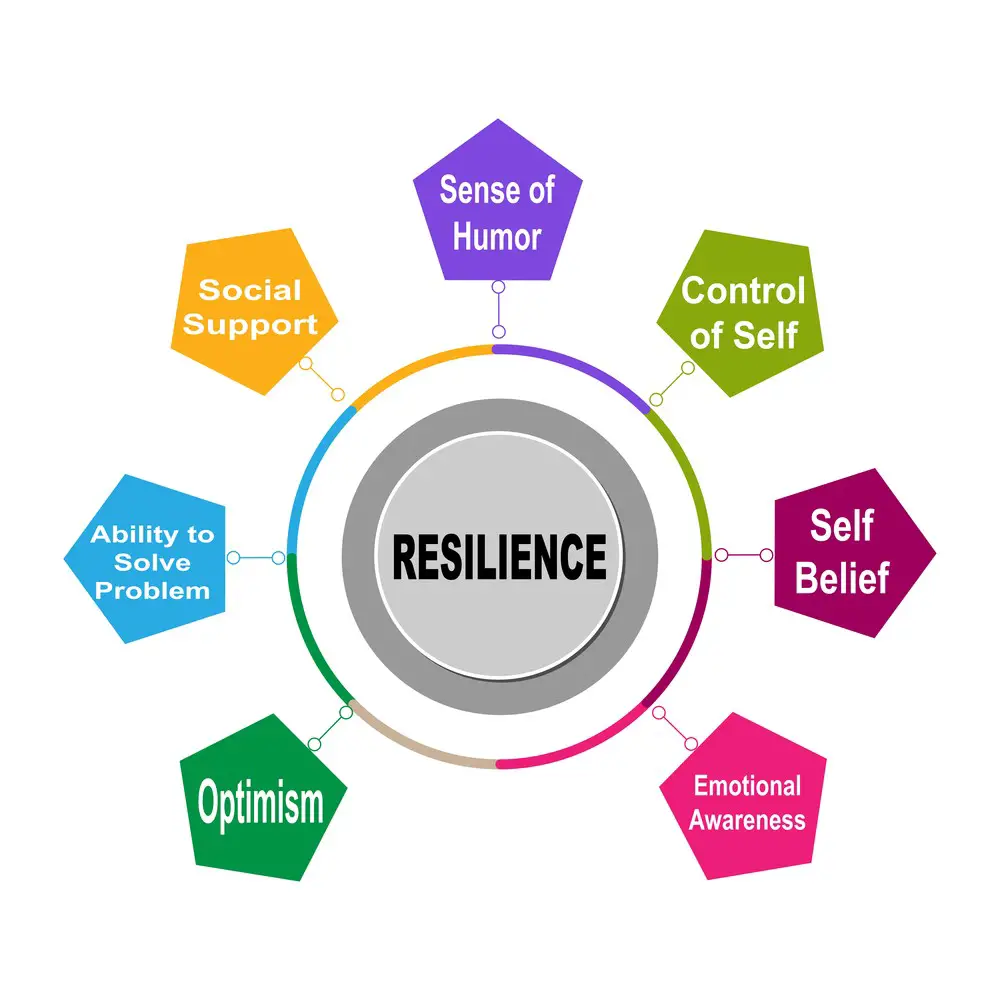
? Meet Jacob Maslow: From Sky-High Resilience to Grounded Healing ?
Hey there, I’m Jacob Maslow, and if there’s one thing life has taught me, resilience isn’t just a trait—it’s a lifeline. I’ve walked through some darkest chapters a person could face, but I’m still standing.
?️ The Day the World Changed: Surviving 9/11 ?️
Once upon a time, I worked on the 101st floor of the World Trade Center. Yes, you read that right—the 101st floor. I’m a 9/11 survivor, a day when I lost over 1,000 coworkers. That experience has etched a permanent mark on me, shaping how I perceive resilience, survival, and change.
? Switching Gears: Becoming Mr. Mom ?
Following the unimaginable, I transitioned to remote work, stepping into the role of primary caregiver for our kids while my ex worked full-time, often into the night. For years, we made it work. Our kids thrived, living happily in two households and maintaining a strong relationship with both parents.
? When the Tides Turned: The Loneliness of Empty Rooms ?
But life, ever unpredictable, had another curveball in store for me. Over the past year, my ex-partner decided to sever my relationship with our children completely despite court orders for shared custody. The result? An empty three-bedroom apartment with two rooms that haunt me daily.
? Taking Control: A Lifeline in BetterHelp ?
Facing this has been a nightmare, but I’ve found an invaluable coping mechanism—BetterHelp. Not only am I using their services now, but I also wholeheartedly recommend them. With BetterHelp, I’ve navigated the emotional turbulence caused by this drastic change alongside medication like Lexapro.
? The Advocate Inside: Writing as Healing ?
My ex has always chased validation, displaying classic narcissistic behaviors like smear campaigns against community leaders. As her beauty fades with age, her narcissistic tendencies only intensify. So, what do I do? I write.
I channel all the pain, confusion, and betrayal into articles about mental health and narcissism. My aim? To offer solace and guidance to those grappling with similar challenges. I’m also at the helm of a legal site that focuses on helping others navigate the tricky terrain of non-compliant ex-spouses and court battles.
?♂️ Every Step Counts: The Power of Long Walks ?♂️
To clear my head, I take long, soul-soothing walks every day. These walks serve as a meditative practice, giving me the mental space to plan my next move and fight another day.
So here’s my message: No matter how insurmountable your obstacles may seem, you can triumph over your mental health challenges with the right tools and mindset. I’m living proof.
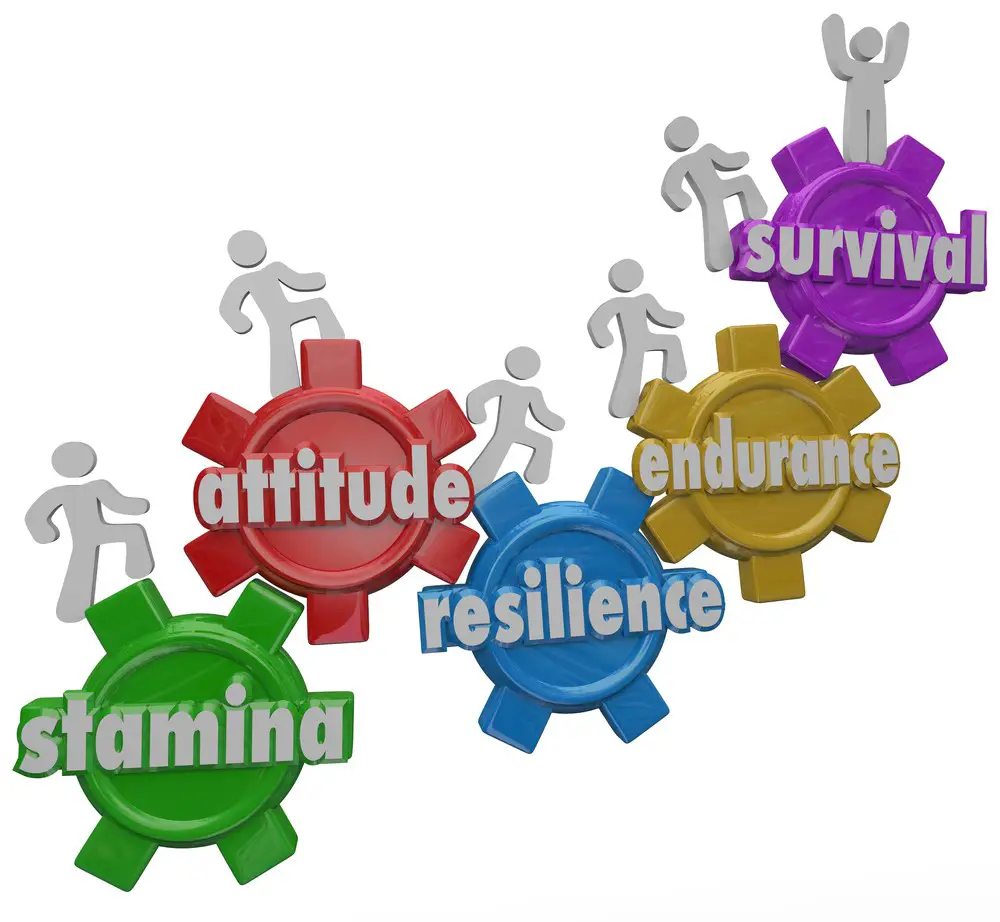
This site contains affiliate links to products. We will receive a commission for purchases made through these links.

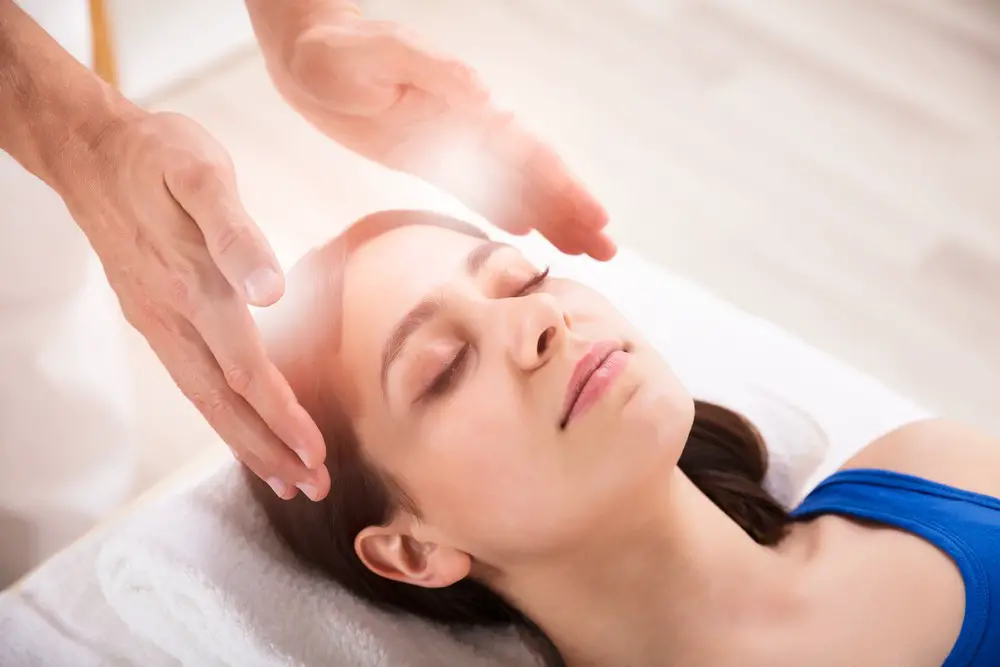
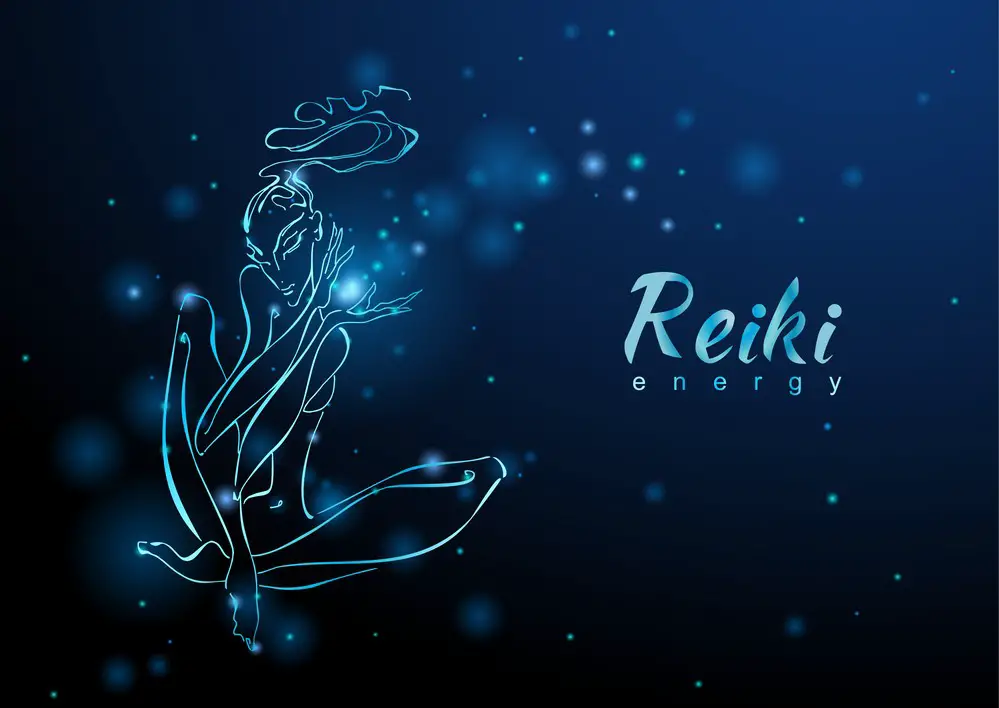 Understanding Reiki Sessions
Understanding Reiki Sessions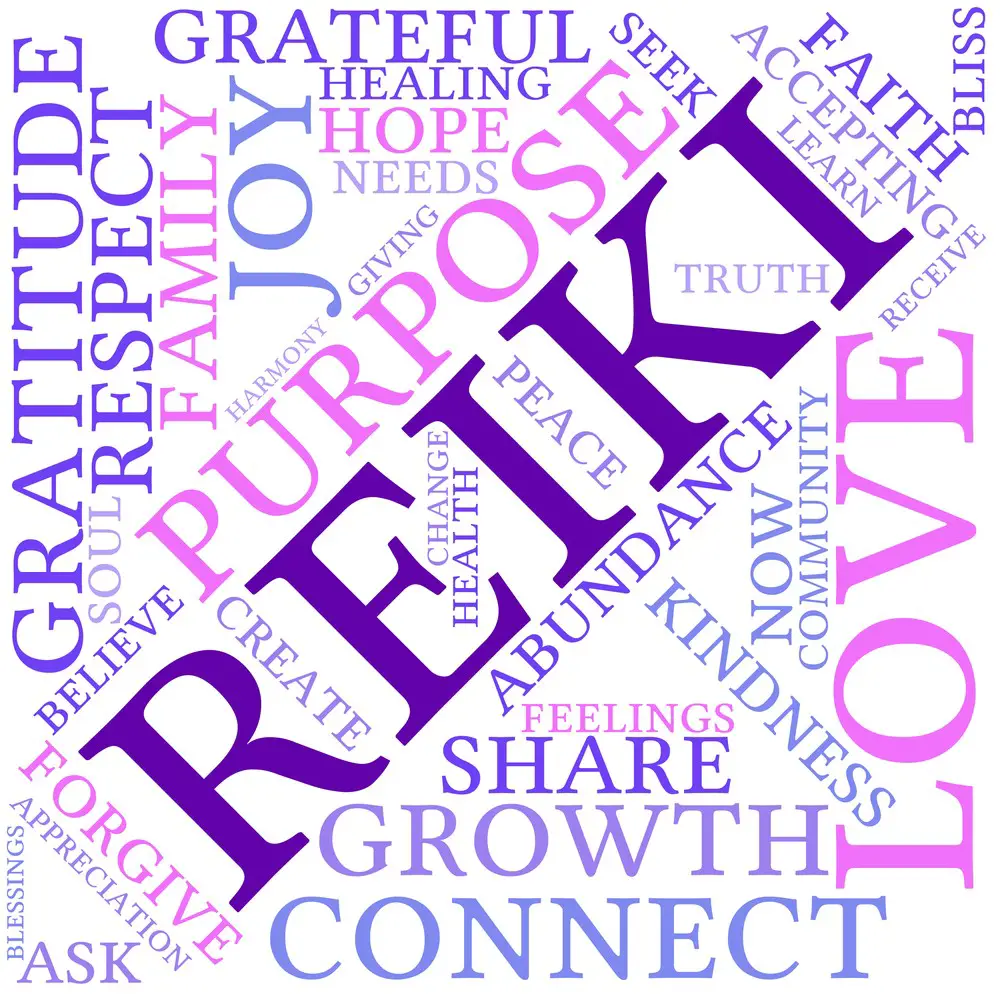 Potential Benefits of Reiki Sessions
Potential Benefits of Reiki Sessions Determining the Number of Reiki Sessions
Determining the Number of Reiki Sessions Reiki for Specific Emotional and Physical Conditions
Reiki for Specific Emotional and Physical Conditions The Role of Sleep and Self-Care in Reiki Treatment
The Role of Sleep and Self-Care in Reiki Treatment Not All Rainbows and Energy Fields: When Reiki Isn’t Your Match
Not All Rainbows and Energy Fields: When Reiki Isn’t Your Match
